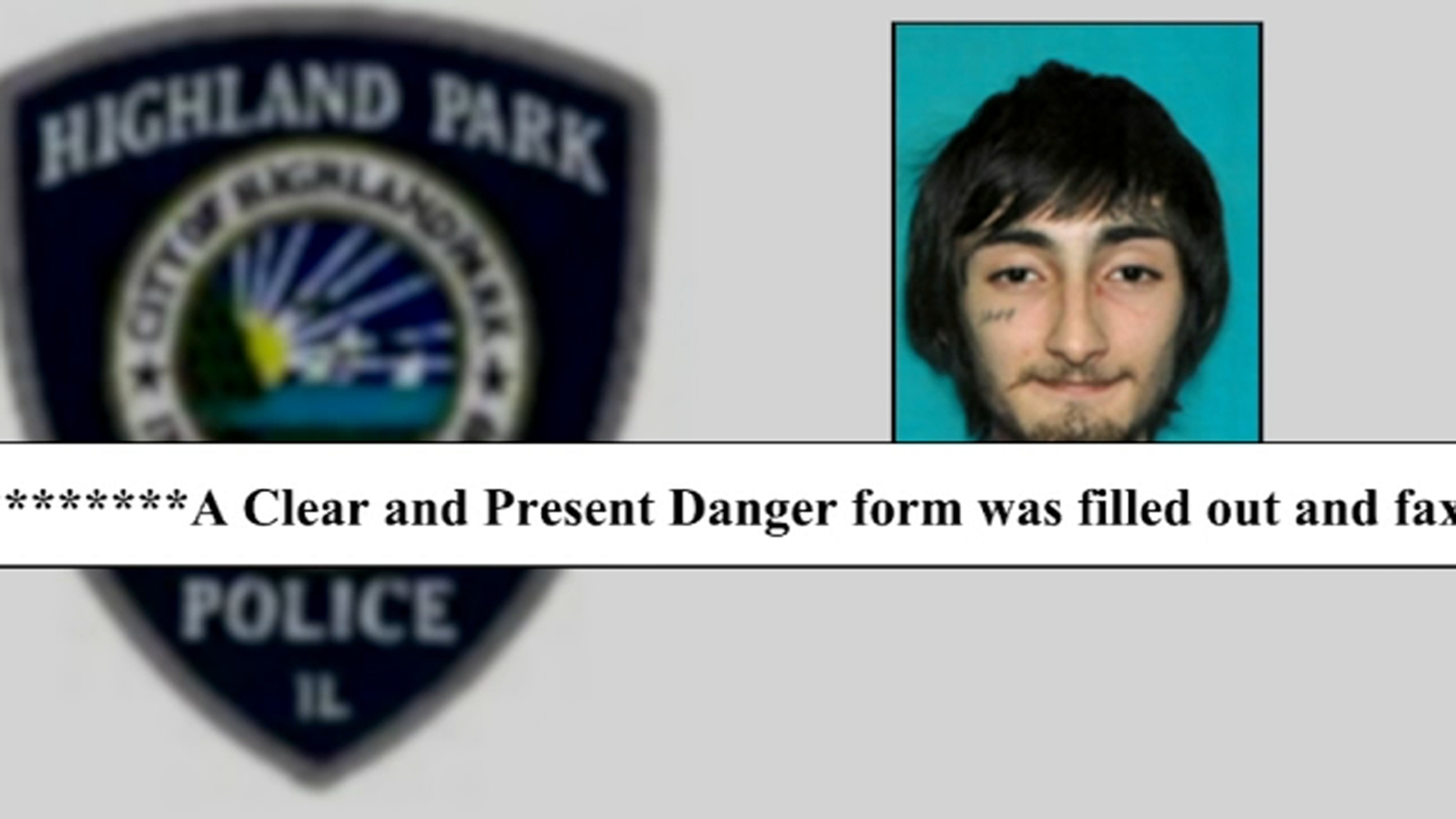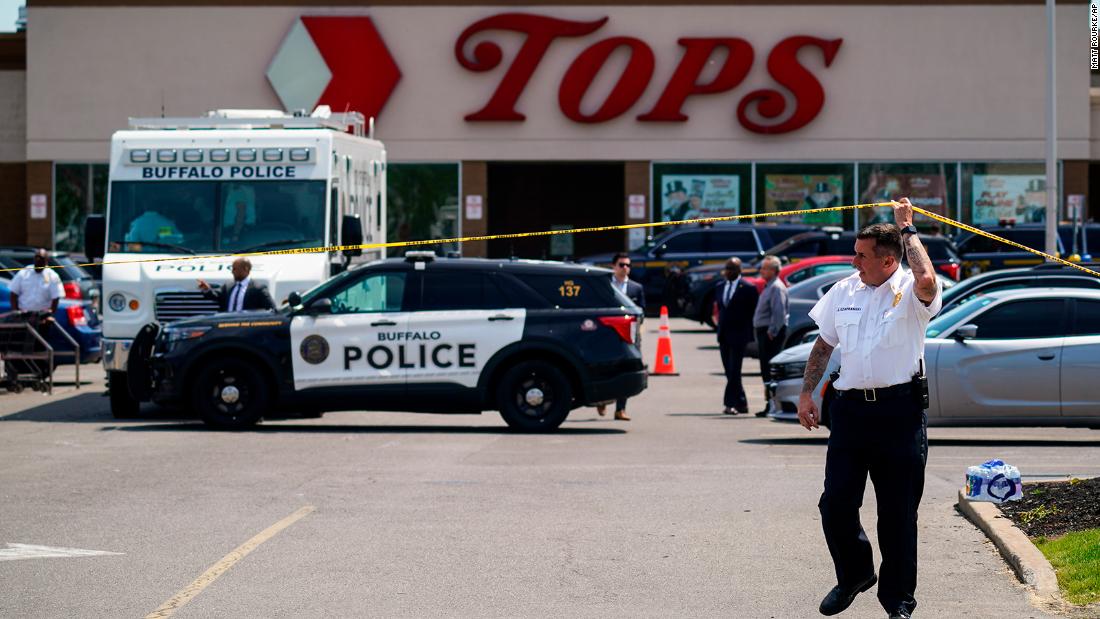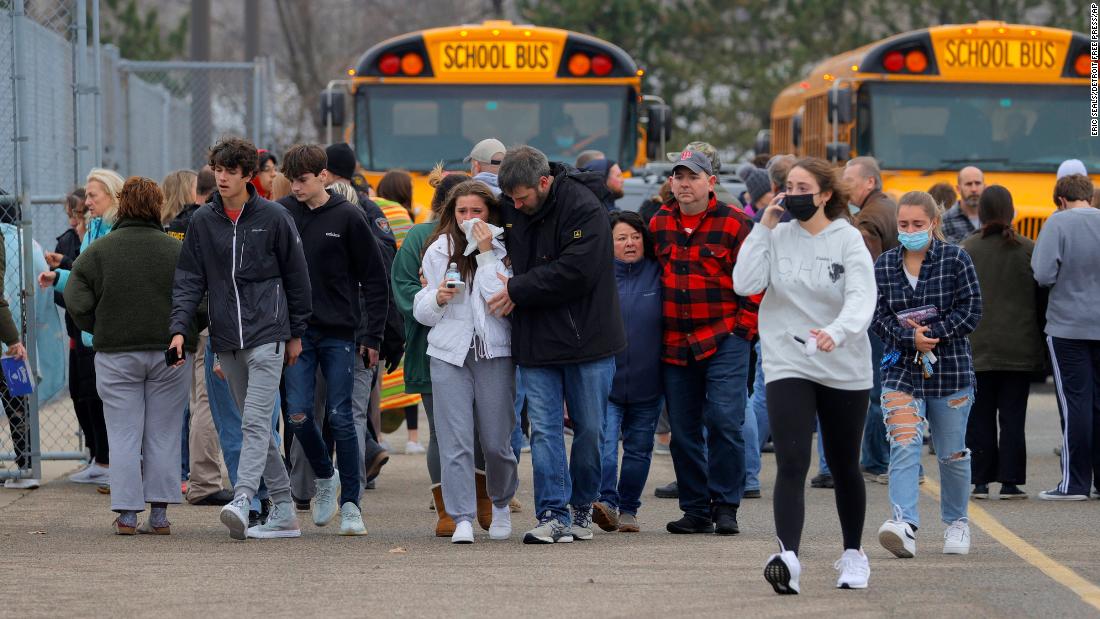How Female Disclosure Recipients React to Women Survivors: The Impact of Rape Acknowledgment and Rejection of Rape Myths
Sex RolesLaura C Wilson, Hannah R Truex, Madeleine C Murphy-Neilson, Kristen P Kunaniec, Jordan T Pamlanye & Rebecca A Reed
2020
Because female rape survivors who are listened to and believed have been found to have fewer difficulties, it is essential that researchers examine factors that influence the social reactions survivors receive. The present experiment included 397 female U.S. college-students who were randomly assigned to read a vignette that either reflected an acknowledged rape survivor (i.e., used the word “rape” to describe the incident) or described an unacknowledged rape survivor (e.g., used the word “miscommunication” to describe the incident)...
View more
Safety and belonging as explanations for mental health disparities among sexual minority college students
Psychology of Sexual Orientation and Gender DiversityLaura C Wilson, Miriam Liss
2020
Lesbian, gay, bisexual, and asexual (LGBA+) college students have higher risks of mental health difficulties than heterosexual students. Consistent with minority stress theory and the psychological mediation model, we hypothesized that these disparities would be partially accounted for by lower levels of perceived safety and belonging. Data from the Wake Forest Well Being Assessment were used to examine sexual orientation, perceptions of safety, belongingness, depression, anxiety, and happiness among 563 heterosexual participants and 221 LGBA+ participants at a small Southeastern university...
View more
Higher rates of unacknowledged rape among men: The role of rape myth acceptance
Psychology of Men & MasculinitiesReed, Rebecca A Pamlanye, Jordan T Truex, Hannah R Murphy-Neilson, Madeleine C Kunaniec, Kristen P Newins, Amie R Wilson, Laura C
2020
Although a few existing studies suggest that men are less likely to acknowledge rape than women, limited research has been dedicated to understanding rape acknowledgment among men. The present study examined rape myths as a potential mechanism that may account for higher rates of unacknowledged rape among male survivors. The participants included 307 rape survivors who completed an online survey of unwanted sexual experiences, rape acknowledgment, and rape myth rejection...
View more
Attitudes Toward Men and Rejection of Rape Myths: The Impact on Survivor Rape Acknowledgment
Journal of Interpersonal ViolenceLaura C Wilson, Amie R Newins
2020
Because unacknowledged rape survivors (i.e., those who do not conceptualize their victimization as rape) are less likely to report the crime to police or seek formal services, a better understanding of factors that contribute to rape acknowledgment is a key step to improving access to care and assault reporting on college campuses. To contribute to this line of research, this study examined the indirect effect of sexist attitudes toward men on rape acknowledgment via rejection of rape myths among female rape survivors...
View more
The Prevalence of Sexual Revictimization: A Meta-Analytic Review
Trauma, Violence, & AbuseHannah E Walker, Jennifer S Freud, Robyn A Ellis, Shawn M Fraine, Laura C Wilson
2017
The literature consistently demonstrates evidence that child sexual abuse survivors are at greater risk of victimization later in life than the general population. This phenomenon is called sexual revictimization. Although this finding is robust, there is a large amount of variability in the prevalence rates of revictimization demonstrated in the literature...
View more
Meta-analysis of the prevalence of unacknowledged rape
Trauma, Violence, & AbuseLaura C Wilson, Katherine E Miller
2015
Many sexual violence survivors do not label their experiences as rape but instead use more benign labels, such as “bad sex” or “miscommunication.” A meta-analysis was conducted to estimate the mean prevalence of unacknowledged rape and to inform our understanding of methodological factors that influence the detection of this phenomenon. Studies were identified using PsycINFO, PubMED, and PILOTS and were required to report the percentage of unacknowledged rape that had occurred since the age of 14 among female survivors...
View more
The Prevalence of Military Sexual Trauma: A Meta-Analysis
Trauma, Violence, & AbuseLaura C Wilson
2016
Due to methodological heterogeneity, the exact prevalence of military sexual trauma (MST) is unknown. To elucidate our understanding of the pervasiveness of this important social issue, a meta-analysis was conducted. A computerized database search in PsycINFO, PubMed, and PILOTS revealed 584 unique citations for review...
View more





